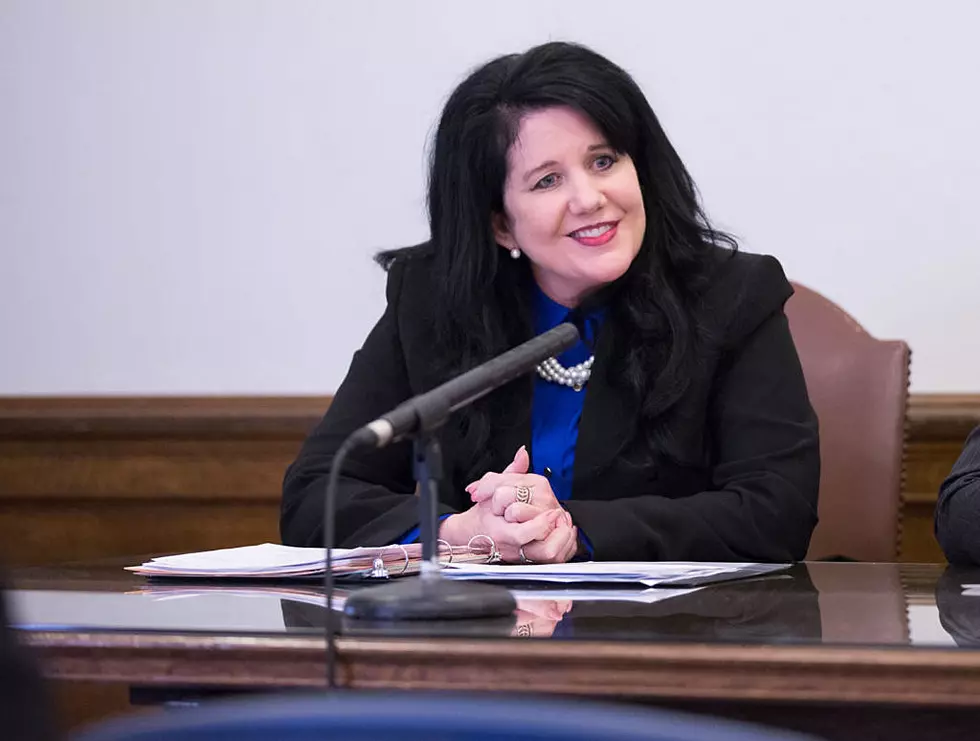
Hastings Hails Passageof Student Success Act
Today, the House of Representatives passed the Student Success Act (H.R. 5), with Congressman Doc Hastings’ support. This important legislation restores more local control of public education programs by putting decisions made about our student’s education back into the hands of parents and local school districts. The bill eliminates more than 70 programs and directs states and schools to develop teacher evaluation systems to measure a teacher’s influence on student learning.
“A one-size-fits-all Washington D.C. approach to education is not in the best interest of our students,” said Hastings. “Every community faces unique challenges, and this bill gives parents, teachers, and local school boards the flexibility necessary to address the needs of our students, while ensuring that schools are held accountable for providing our children with the education they deserve.”
The Student Success Act also includes two critical provisions championed by Hastings to reform the Impact Aid program to better serve federally impacted schools in Central Washington and throughout the nation. First, the bill includes language from H.R. 3896, which Hastings introduced last year, to ensure school districts whose tax base are severely impacted by federally owned land are eligible to apply for emergency assistance for school construction projects. Second, the bill makes permanent a bipartisan provision, originally introduced as H.R. 2094 in 2011 by Representatives Rick Larsen (WA-02) and Hastings (WA-04), to ensure eligible Impact Aid school districts receive payment of federal dollars in a timely manner, putting an end to chronic late payments.
“These provisions will help uphold the federal government’s responsibility to students by ensuring that school districts that are unable to secure a construction bond due to the impact of federal land ownership are eligible to compete for these grants,” said Hastings. “I’m also pleased that this bill holds the Department of Education accountable for distributing the Impact Aid payments in a timely manner. Impact Aid school districts in Central Washington depend on these payments for things, such as teacher salaries and basic educational programs.”
More From News Talk KIT









